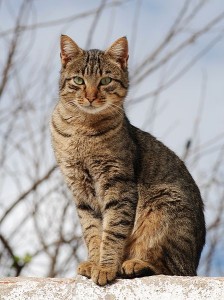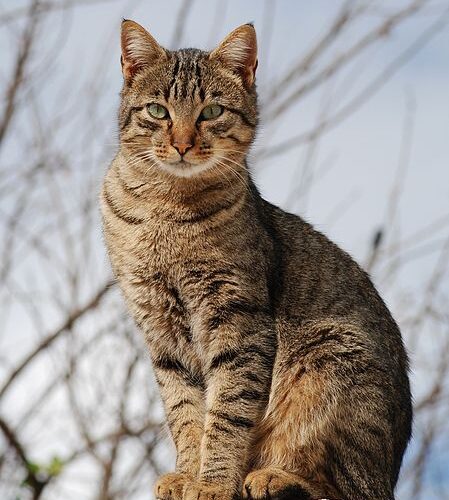
The number of pets dying from poisoning after drinking anti-freeze is on the increase with a Liverpool vets leading a campaign to make the substance safer.Over 200,000 pets die every year from ethlene glycol poisoning, the main ingredient in many over-the-counter anti-freeze products.
Cats are especially attracted to the liquid which is said to be sweet in taste. Figures show that 90% of cats who ingest the toxic liquid will die as a result.
The RSPCA’s Andy Robbins told JMU Journalism: “The RSPCA is deeply concerned about and extremely saddened by any spate of suspected antifreeze poisonings of cats.
“Ingesting just the smallest amounts of some substances can lead to kidney failure and death.”
Norris Green-based vets, White Cross, is leading a campaign to make all anti-freeze products contain a bitterant, therefore repelling animals with the taste. It’s running a petition on its website.
Craig Harrison, Clinical Director of White Cross Vets, said: “Ethylene Glycol is highly toxic and because of its sweet taste it is especially appealing to pets. Just one teaspoon is enough to kill a cat and a tablespoon will kill a dog. If an accidental spill occurs and a pet either drinks or walks through the antifreeze and then licks their paws it can kill them.”
Robbins continued: “We would like to remind owners that unintentional poisonings can happen. Owners should take care and be vigilant when using antifreeze, making sure it is kept in clearly labelled, robust, sealed containers, away from pets and their environment. Antifreeze should always be disposed of safely and responsibly.”
There are several signs and symptoms if an animal has ingested anti-freeze, including vomiting, seizures, increased thirst and urination, as well as difficulty breathing and ‘appearing drunk’.
The number of animals dying from poisoning is likely to increase with the cold weather this winter meaning anti-freeze is used more frequently. While most cases are accidental animals can also be deliberately poisoned. It is a criminal offence under the 2006 Animal Welfare Act with those fond guilty fines up to £20,000.

